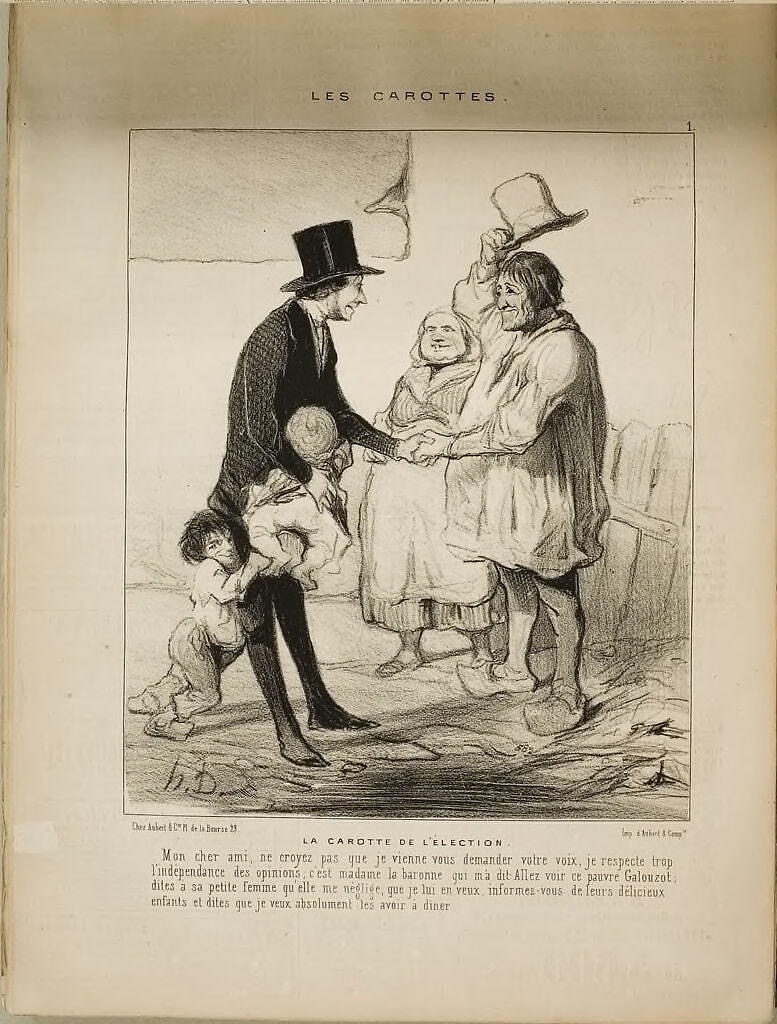Weekly Writing Summary For The Week Ending 10/09/2025

Max Klinger: Simplicius' Writing Lesson (1881)
This writing week watched summer leave, replaced by genuinely chilly mornings and lovely sunny afternoons. Our never-ending porch refurbishment project made definite progress. The carpenters delivered the first of the final components, and our painter, Kurt, and I dutifully prepped them for installation. Most afternoons found me listening to baseball playoff games while engaging in one of the more primal human activities: painting prime coats and sanding the results smooth. I began the week writing about this process in Renewal, which inevitably includes considerable destruction. I noticed myself simultaneously inhabiting two states: Particle and Wave. I ranted a bit about my permanent outsider status in Insider. I began an extended exposition of the War On Decency we seem to be experiencing. I introduced an increasingly familiar stranger in Invisible Enemies Within. I ended this writing week wondering why the presumed most powerful person in the world seems to revel as the continual victim in Hoaxes. Thank you for following along.
——
Weekly Writing Summary
Renewal
“That’s just how Renewal works. Always has. Probably always will.”
This Decency Story finds me reminded of how Renewal tends to work. It’s never all a continually reassuring series of improvements, but damnedably destructive, too.
This Decency Story shares my front porch renovation experience, highlighting how real renewal often involves unexpected setbacks, messiness, and loss. Our process included unreliable contractors, financial loss, regulatory complications, and personal exhaustion. Despite being emotionally and physically draining, the project ultimately progressed, albeit slowly, serving as a metaphor for broader societal renewal. I conclude nothing new, that true improvement rarely comes easily or tidily, yet might lead to meaningful, long-lasting results.
Gustave Moreau: The Infant Moses [Moïse Exposé sur le Nil] (c. 1876-c. 1878) —- Gallery Text: Paris hosted the 1878 Exposition universelle, or world’s fair, to celebrate France’s recovery after the Franco-Prussian War of 1870. For the event, Gustave Moreau submitted a cycle of biblically themed paintings to reflect on the nation’s renewal. The series, which included this work as well as Jacob and the Angel (1874–78; also in Harvard’s collection) and David (1878), marked three stages of human life. Here Moreau celebrates the anticipation and promise associated with childhood: Moses, recognized by the rays emanating from his forehead, floats in his basket on the Nile, surrounded by the ruins of ancient Egypt. In a written commentary Moreau suggested the prophet’s enlightenment, noting the contrast between “this people of mummies, sphinxes, and gods with staring eyes and unmoving gaze” and “this fine human fruit full of sap and life.”
——
Particle&Wave
“Perhaps our Decency utterly depends upon such useful fictions.”
This Decency Story explores Decency’s dual nature as both a particle and a wave. Woe to those who must see it in action to believe it is present.
This Decency Story argues that decency exists both as concrete actions (Particle) and as a subtle presence or feeling (Wave), but our awareness of it often depends on how attuned we are to both forms. It warns that focusing only on obvious, visible acts can blind us to more subtle expressions of Decency, especially across different cultures or in noisy, attention-distracting environments. In a world overwhelmed by distractions, we may miss these quieter forms of Decency, and belief in such values may require adopting useful fictions—even without direct evidence—to guide behavior and sustain social bonds.
Fukushima Ichirō: Wave in Chiba (Shōwa period,1926-1989)
——
Insider
“…probably plead for help from some Insider.”
This Decency Story finds this outsider failing to become an Insider.
In this Decency Story, I repeatedly face obstacles with modern commerce and technology, consistently feeling excluded and confused by processes others seem to find easy. Shopping for something as simple as replacing a toilet seat becomes a multi-trip ordeal due to unclear product distinctions. Technology, like Amazon Prime’s site and texts fromn my pharmacy, prove to be inaccessible or frustrating. These everyday difficulties leave me feeling like an outsider, wishing systems were more inclusive and easier to navigate, leading me to avoid commercial interaction wherever possible.
Sir Edward Burne-Jones: Perseus and Andromeda, study for The Doom Fulfilled (1875)
——
TheWarOnDecency
“Sadly, they largely prove incapable of feeling ashamed.”
This Decency Story begins to tell The War On Decency’s origin story.
This Decency Story argues that a decline in cultural Decency began with entertainment’s shift toward coarseness and sensationalism, promoting guilty pleasures and cruelty over thoughtful storytelling. This trend spread across society, eroding standards in media, news, and public behavior. Performative morality, especially among nationalistic Christians, fueled this shift, encouraging nostalgia based on selective memory and fostering reliance on conspiracy and spectacle for validation. Many became desensitized and addicted to these influences, leading to self-righteousness, scapegoating, and support for authoritarian-leaning solutions, eroding democracy. True Decency, which requires discipline and the rejection of extremes, seems dismissed by those profiting from this cultural change.
Robert Ericksen: War-torn (1945)
——
ImaginaryEnemiesWithin
“..they register every sown confusion as a victory.”
This Decency Story continues considering TheWarOnDecency. This installment discusses Decency’s greatest foe, the ImaginaryEnemyWithin.
This Decency Story explains how attacks on decency often involve inventing internal enemies, making it seem as if the problem comes from within Decent people themselves. These Imaginary Enemies Within can’t be proved or disproved, leading decent people to feel confused and self-doubting. Abstract or emotionally charged labels keep accusations vague and unresolvable, preventing clear defense or denial. This tactic focuses on distraction and confusion rather than genuine debate, giving a curious power to those who employ it.
Adriaen Collaert: The Enemy Sowing Tares Among the Wheat, from Landscapes with Old and New Testament and Hunting Scenes (1584)
——
Hoaxes
“How did Decency get so lucky? It was probably the result of Hoaxes.”
This Decency Story wonders how Decency got so lucky while our incumbent seems continually surrounded, almost smothered, by Hoaxes.
This Decency Story critiques the incumbent who repeatedly claims to be the victim of hoaxes, in contrast to how rare and privately handled true victimhood typically seems. I admit feeling skeptical about the frequency and public nature of these claims, questioning their plausibility and suggesting that genuine Decency doesn’t typically seek attention or sympathy when wronged. The repeated victim narrative seems either self-serving or evidence of an absence of self-awareness, with me noting that responsible individuals quietly address injustices rather than widely broadcasting them. The story highlights the contrast between the incumbent’s misfortune and Decency’s reassuring resilience.
Honoré-Victorin Daumier: The Election Hoax [La carotte de l’élection] (1844) — A caricature depicting a politician addressing a peasant family. The politician offers a carrot to the family, symbolizing the false promises made to voters.
——
Finally Feeling As If
I fled from my desk to the back deck, where a perfectly ambient late afternoon encompassed me. I tuned in to the Dodgers/Phillies game on my phone before settling in to perform my usual Thursday evening ritual: creating my Weekly Writing Summary. Since I changed the layout and format of my summaries last summer, I’ve had to pay closer attention. Before, I could almost go unconscious and still succeed, but now it’s more like playing chess for me. I adopt strategies to ease the effort, but these demand my consciousness. The cats showed up to insist upon supper. I slipped out to the garage refrigerator for some refreshment. The sun was slipping on the other side of the house as I revisited my writing week in renewing circumstances. I have been employing little markers like this, slight changes to my accustomed routines, as if to remind me that I, too, am changing along with my surroundings. It’s always the same season inside. Each writing week seems the same, but brings differences nonetheless. Two and a half weeks into creating this Decency Series, I finally feel as if I am a part of it.
©2025 by David A. Schmaltz - all rights reserved


